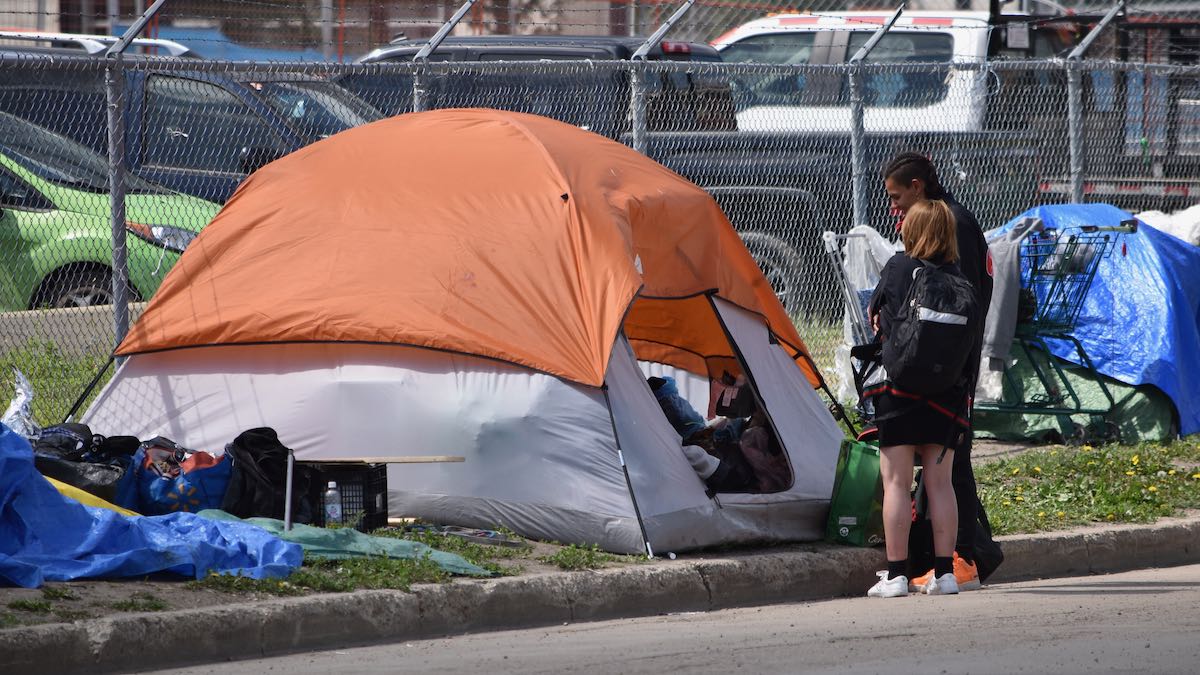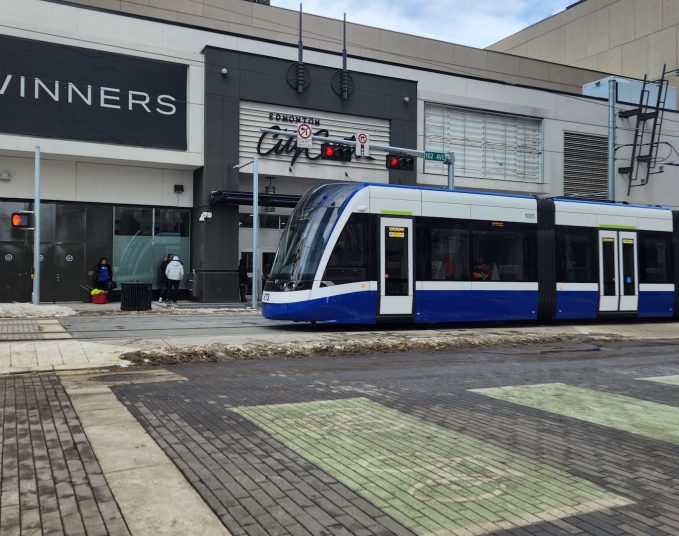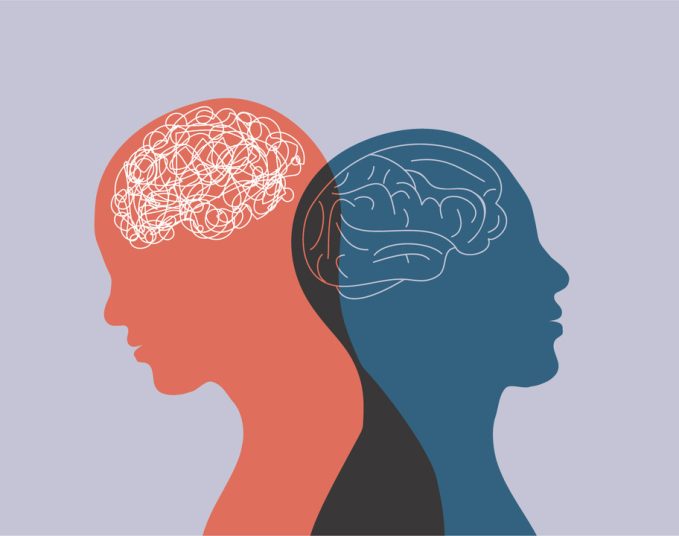I spent a lot of time earlier in my career writing about stigma and mistreatment of people on the streets. This was in the 1990s, when homelessness, addictions, drug poisoning and mental illness were not as severe issues for the city as they are today.
These days the situation seems acute and dangerous — both for people who are homeless and those who use public spaces.
What has also changed is a deeper understanding of the trauma people on the streets have endured in their lives. This has led to a shift in how we react to and support people on the streets.
In fact, I would argue that we may have entered an era where those with any type of perceived or real trauma underpinning their misfortunes, homelessness or addictions are given impunity to act however they want outside of generally established social norms.
As a transit rider, I see this nearly every day. Light up a smoke, or even a crack pipe on the train? No problem. As a parent of a university student, I hear about it nearly every day. Push some unsuspecting kids down an escalator. Sure, why not? The father of one of the kids pushed down the escalator quipped — this is the kind of stuff that will keep my family off of transit, for good.
I have loved ones who work in health care who reveal that open drug use is now basically tolerated on many hospital units and right outside the hospital. I have a family member who was stalked by a person who was high, wielding scissors. She had to hide in a patient’s bathroom, terrified for her life.
Personally, while walking downtown through Michael Phair Park last February, a young man came at me with a hunting knife duct taped to a ski pole and demanded my bag. I was able to quickly scurry past and duck into a shop for safety and as I did, I heard him laugh and call me a “pussy.“ I have seen the same guy a few times since — hanging out in that same park.
Those us who have worked in social agencies learn first-hand that people can come from a lot of pain and trauma — a lot of brokenness and illness. Some of these people don’t have family and community support or can’t find the right support. These are the people who end up on the streets for long periods of time.
The tyranny of residential schools was obvious to me then as someone who worked in the inner city serving Indigenous community members. It is increasingly obvious to just about everybody today. We can no longer hide from this brutal and tragic part of our nation’s history.
I’m also aware that a significant percentage of youth homelessness is caused by parents and households unaccepting of their children’s 2S+LGBTQ realities.
As our community continues to grapple with these issues, we cannot let go of the reality that public safety still matters a great deal. The safety of transit riders, shop keepers, everyday pedestrians, post-secondary students and front-line workers is important.
We can’t as a society succumb to the fear of holding people to a reasonable standard for their actions, no matter how much pain or trauma they carry with them. If we do succumb, we need to ask ourselves who we are really helping or what we are really achieving as a community. We have become too delicate. We can’t or don’t have to arrest everyone, but we also don’t have to turn a blind eye and simply hope people aren’t harmed.
I recall a very important piece of wisdom offered to me by someone whose street name was S.D. He struggled with addiction. He was a user of many of the services provided by the agency I worked for back in the day. Often those services required him to be sober. He struggled with it, but he was very kind, so we were often inclined to look the other way. He wouldn’t have it.
He said this to me once. “If you take away my responsibility to be accountable to other people, that is when you dehumanize me.”
I feel like we should put his words on the side of a building overlooking our downtown.
The reason I reflect on my work history here is to essentially say I don’t think a full drop-the-hammer approach makes sense. But I also recount some recent personal experiences to also suggest that a hands-off approach isn’t the answer, either.
Our community can reject dangers like racism and open drug use. We can focus more on prevention by building up and supporting young people while we insist on acceptable public behaviour.
I think it’s OK to be delicate and thoughtful about the issues people struggle with in our community. But we need to regain some good sense and clarity when it comes to our expectations about how people behave and treat each other in our public spaces.
(Michael Walters is a former Edmonton city councillor and is currently a partner at Berlin Communications.)
Savvy AF. Blunt AF. Edmonton AF.




